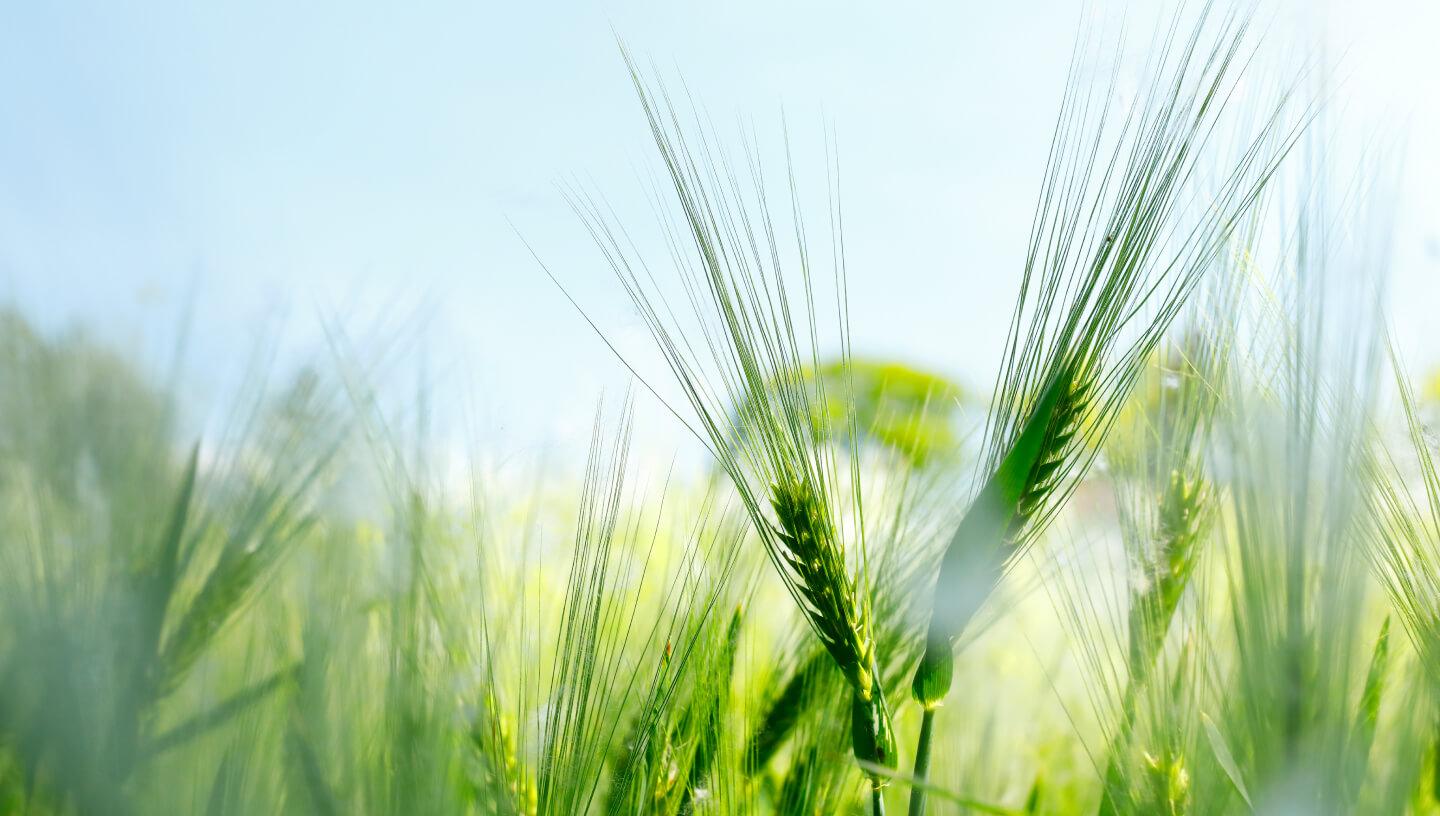 Photo by: horstgerlach / iStock
Photo by: horstgerlach / iStock
“The green economy is a circular economy, which involves the use of wind, solar and underground heat. And, most importantly, the very process of generating it takes place without any destruction.
Civilisation which is not based on “green” principles, is bad in that it violates humanistic moral principles. People live and are bound to kill something, be it trees, animals or fish. "A green economy, on the other hand, is not about killing and destroying for energy and food.
Perhaps it is time to stop eating meat or fish. Here we can think of sci-fi works where people go into space and create an artificial biological structure. This approach is also applicable in reality: you don’t need to get energy from killing if you can live in a different way.
Switching to artificial meat would mean that birds and cows would not have to be raised, which has become an unsustainable burden on the environment. At the same time, half the world’s population still lives on a starvation diet. If all the fish grown and caught were divided by the population of the world, each person would get 70 grams — which is not very much. It is the same with cows and birds. So on the one hand our production cannot sustain us, but at the same time it has a negative effect on our morality and ecology.
A lot has been said in light of the “green transition” about doing away with plastic as well. I am certain that we will never completely do away with plastic packaging. People will never learn to wash their hands well enough to get rid of it completely, given how much filth there is around. Let’s say when a person gets out of the car and closes the door, he has already managed to get his hands dirty. And it’s not clear how he would take bread from a bakery without its packaging.
In this respect, packaging lying on the streets is far less of an evil than the risk of spreading infectious diseases. And plastic is not as bad as people think. The production of paper, for example, is more environmentally damaging, and packaging made from it is not recyclable and can only be sent for pyrolysis. Pyrolysis makes it possible to move waste from the service sector to the production sector and make recycling waste-free. Using pyrolysis will reduce the number of landfills in the country and, just as importantly, create a new diesel fuel that has a similar composition to diesel. Rubbish is a good source for its production, along with wood and agricultural waste.
Cover photo: Paul Hartley / iStock








Comments